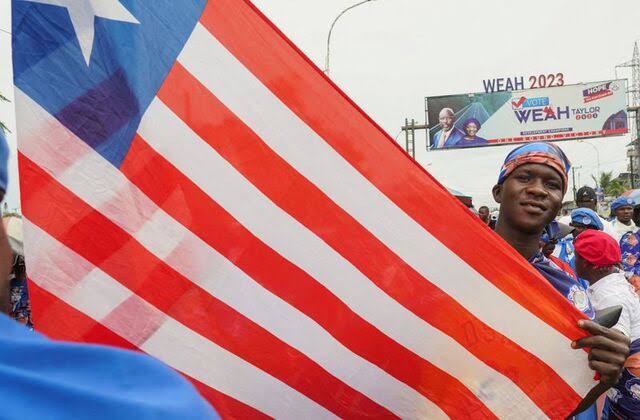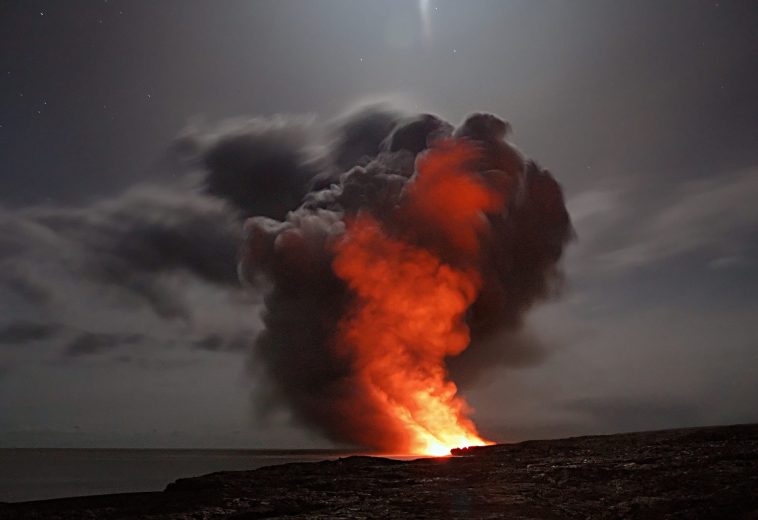Israel has witnessed a notable influx of African immigrants and asylum seekers in recent times, contributing to increased cultural diversity and potential economic benefits. However, this phenomenon has also presented significant challenges in terms of social integration, security, and the protection of the rights and welfare of African residents within Israel’s borders. This article explores strategies that Israel can employ to ensure the well-being and security of its African inhabitants.
A Complex Tapestry: Israel, often referred to as the biblical Holy Land by Jews, Christians, and Muslims alike, boasts a rich but complex history. While Jerusalem stands as a focal point of holiness, the nation grapples with diverse populations and a tumultuous past.
The Israel-Arab Conflict: Understanding the backdrop of Israel’s relations with its Arab neighbors is crucial. The Israel-Arab conflict, dating back to the late 19th century, has evolved through numerous phases. From the Balfour Declaration in 1917 to the 1948 Arab-Israeli War (War of Independence) and subsequent conflicts, this region has witnessed a complex interplay of political and territorial disputes.
Strategies for Protecting Africans in Israel: To safeguard the well-being of African residents in Israel, several strategies can be employed:
1. Measures Against Human Trafficking: African migrants in Israel often rely on smugglers, making them vulnerable to human trafficking and exploitation. Israel should enhance its efforts to combat human trafficking through strengthened law enforcement, victim assistance programs, and public awareness campaigns, aiming to shield vulnerable individuals from harm.
2. Access to Legal Aid: Israel should ensure that African migrants facing deportation, detention, or other legal issues have access to legal assistance. Providing access to legal representation is essential to protect their rights and ensure a fair legal process.
3. Legal Protections and Refugee Status Determination:Establishing a fair and transparent process for determining refugee status is critical. Israel should adhere to international standards to guarantee that those eligible for refugee status receive the protection and rights mandated by international law.
4. Access to Healthcare and Education: Offering free healthcare and education to refugees and their children, as seen in Sweden, can significantly improve the prospects of immigrants and facilitate their integration into Israeli society. Ensuring access to healthcare and educational opportunities is vital for the well-being and successful integration of African residents.
5. Community Participation and Dialogue: Promoting discourse and community involvement with the African immigrant community can foster respect and trust among various segments of Israeli society. Regular interactions can help address issues, ease tensions, and prevent potential conflicts.
6. Integration Programs and Anti-Discrimination Measures: Israel should create integration initiatives that encourage cross-cultural interaction and a sense of community among its African citizens. These programs can help combat discrimination and promote social cohesion.
7. Cooperation and Diplomacy in the Region: Exploring regional collaboration and diplomacy is essential to address broader issues arising from African migration. Israel can work with African countries of origin and transit to find more effective and sustainable solutions.
8. Campaigns for Public Sensitization and Awareness:Public education and awareness campaigns can play a significant role in shaping public opinion and sentiments toward African immigrants. These efforts can help reduce xenophobia, foster empathy, and garner support for African residents.
Implementing these strategies, however, may encounter challenges such as political sensitivity, resource allocation, regional dynamics, and public opinion. Effective execution will require political will, bilateral support, adequate funding, and international cooperation. Moreover, understanding the regional geopolitical context and promoting empathy among the Israeli population are crucial for success.
By adopting an inclusive approach that encompasses equitable refugee status determination, access to healthcare and education, anti-discrimination measures, and community engagement, Israel can fulfill its moral duty and legal commitment to protect Africans residing within its borders. Learning from international models and best practices, Israel can aspire to create a more accepting and compassionate society that upholds the rights and dignity of all its citizens, regardless of their origins


